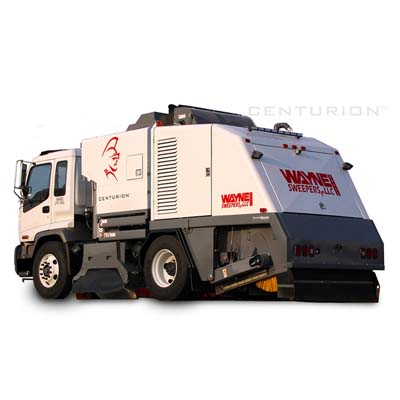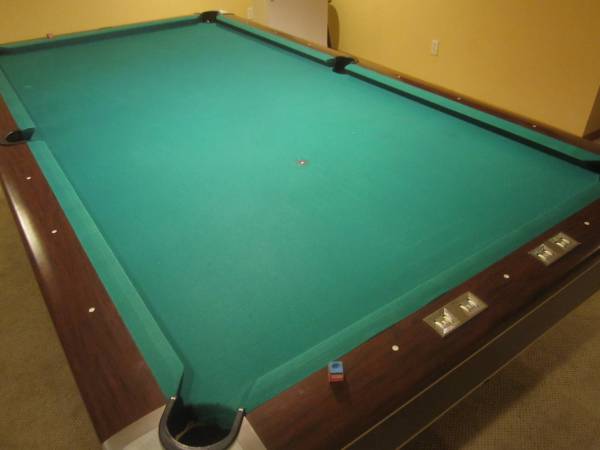

Wayne had Scottish, Scotch-Irish, English, and Irish ancestry. Wayne's mother, the former Mary "Molly" Alberta Brown (1885–1970), was from Lancaster County, Nebraska. Wayne's father, Clyde Leonard Morrison (1884–1937), was the son of American Civil War veteran Marion Mitchell Morrison (1845–1915). Wayne's legal name apparently remained Marion Robert Morrison his entire life although to this day his original name is almost always referred to as Marion Michael Morrison. Wayne claimed his middle name was soon changed from Robert to Michael when his parents decided to name their next son Robert, but extensive research has found no such legal change, although it might have been changed informally or the documentation may have been lost. The local paper, Winterset Madisonian, reported on page 4 of the edition of May 30, 1907, that Wayne weighed 13 lb (around 6 kg) at birth. Wayne was born Marion Robert Morrison on May 26, 1907, at 224 South Second Street in Winterset, Iowa. Early life The house in Winterset, Iowa, where Wayne was born in 1907

In 1980, he was posthumously awarded the Presidential Medal of Freedom, the highest civilian honor of the United States. He made his last public appearance at the Academy Awards ceremony on April 9, 1979, and died of stomach cancer two months later. In his final screen performance, he starred as an aging gunfighter battling cancer in The Shootist (1976). He is also remembered for his roles in The Quiet Man (1952) with Maureen O'Hara, Rio Bravo (1959) with Dean Martin, and The Longest Day (1962). Wayne's other roles in Westerns include a cattleman driving his herd on the Chisholm Trail in Red River (1948), a Civil War veteran whose niece is abducted by a tribe of Comanches in The Searchers (1956), a troubled rancher competing with a lawyer ( James Stewart) for a woman's hand in The Man Who Shot Liberty Valance (1962), and a cantankerous one-eyed marshal in True Grit (1969), for which he received the Academy Award for Best Actor. According to one biographer, "John Wayne personified for millions the nation's frontier heritage." John Ford's Stagecoach (1939) made Wayne a mainstream star, and he starred in 142 motion pictures altogether. He played leading roles in numerous B movies during the 1930s, most of them also Westerns, without becoming a major name. He appeared mostly in small parts, but his first leading role came in Raoul Walsh's Western The Big Trail (1930), an early widescreen film epic that was a box-office failure.

After losing his football scholarship to the University of Southern California from a bodysurfing accident, he began working for the Fox Film Corporation. Wayne was born in Winterset, Iowa, but he grew up in Southern California. In 1999, the American Film Institute selected Wayne as one of the greatest male stars of classic American cinema. He was among the top box-office draws for three decades, and he appeared with many other important Hollywood stars of his era. His career flourished from the silent era of the 1920s through the American New Wave, as he appeared in a total of 179 film and television productions. Marion Robert Morrison (– June 11, 1979), professionally known as John Wayne and nicknamed The Duke or Duke Wayne, was an American actor who became a popular icon through his starring roles in films which were produced during Hollywood's Golden Age, especially through his starring roles in Western and war movies.


 0 kommentar(er)
0 kommentar(er)
